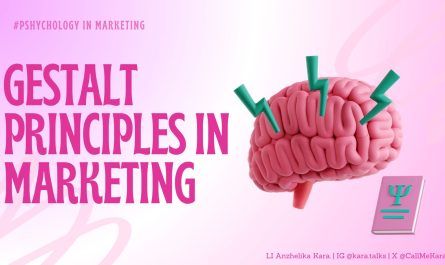Attention, marketing mavens and data enthusiasts! Buckle up your algorithmic seatbelts and get ready to embark on a data-driven rollercoaster ride into the realm of predictive analytics!
Understanding client behaviour and anticipating their preferences and behaviours has never been more important than in today’s changing business environment. Predictive analytics, driven by artificial intelligence (AI), is crucial in this situation. Businesses may obtain useful insights into client behaviour and make data-driven decisions to optimise their marketing campaigns by utilising AI algorithms and machine learning approaches. In this article, we’ll examine how AI and predictive analytics are revolutionising the marketing industry and empowering companies to more accurately predict client behaviour.
1. Understanding Customer Insights: Businesses may analyse enormous volumes of customer data from many sources, including transaction history, online behaviour, social media interactions, and demographic data, thanks to AI-powered predictive analytics. Businesses may get important insights into the preferences, interests, and purchasing behaviours of their customers by seeing patterns, trends, and correlations in this data.
2. Anticipating Customer Needs: Predictive analytics allows firms to go beyond past data and create proactive forecasts about future customer wants and requirements. Businesses may estimate demand for certain goods or services, spot new market trends, and foresee changes in consumer behaviour by applying AI algorithms to customer data. This makes it possible for companies to keep one step ahead of the competition and adapt their marketing plans accordingly.
3. Targeted Marketing Campaigns: Businesses may now design more specialised and targeted marketing campaigns thanks to predictive analytics. Businesses may target particular consumer segments with marketing, content, and offers by analysing customer preferences and behaviour patterns. This degree of personalisation promotes client engagement, boosts conversion rates, and boosts the efficiency of marketing campaigns as a whole.
4. Customer Retention and Loyalty: Predictive analytics may assist organisations in determining which customers are most likely to stick around or become devoted leaders. AI algorithms can produce insights that enable organisations to take proactive steps to retain clients by analysing previous data and customer behaviour. This can entail putting in place customised retention strategies, providing specialised promotions, or improving the entire customer experience depending on anticipated consumer demands.
5. Optimizing Marketing Budget Allocation: Businesses may more efficiently allocate their marketing resources by using predictive analytics. AI algorithms can discover the most promising client categories, channels, and campaigns that are likely to produce the best return on investment by analysing consumer data. This aids companies in maximising their marketing expenditures, reducing the wastage of resources, and improving overall marketing outcomes.
Predictive analytics, although offering many advantages, also has certain ethical issues that need to be taken into account. Businesses need to make sure that client information is handled sensibly, with the right approval and privacy protections in place. Maintaining trust and ethical practises also requires open communication with consumers regarding data usage and the provision of refuse or preference control choices.



Again, a very interesting post! Keep going!
AI opens up fantastic opportunities for businesses. Thanks for valuable insights!